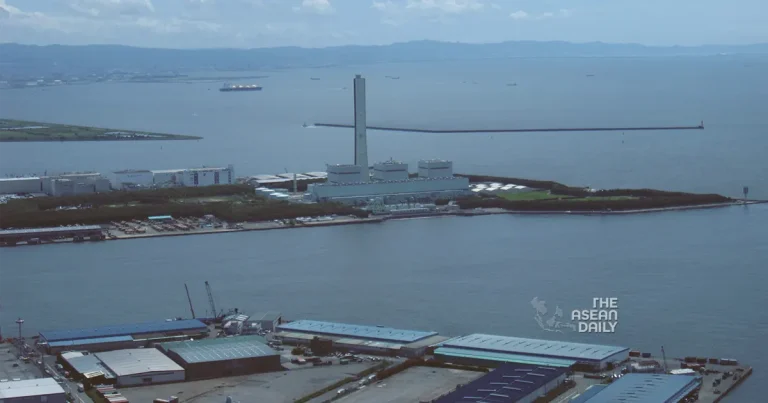21-11-2023 (TOKYO) The Tokyo Electric Power Company Holdings, operator of Japan’s damaged Fukushima nuclear plant, has confirmed the safe conclusion of the release of a third batch of treated radioactive wastewater into the Pacific Ocean. The controlled discharges, initiated on August 24, aim to address the substantial accumulation of radioactive wastewater at the nuclear facility since its devastation by a massive earthquake and tsunami in 2011.
Despite the successful completion of the planned discharge, Japanese seafood producers continue to bear the brunt of a Chinese import ban imposed in response to the releases. The ban severely impacted Japanese producers and exporters of scallops and other seafood, prompting concerns within the industry.
The latest release, totaling 7,800 tonnes, marks the completion of the third batch in a process anticipated to span decades. Fishing groups and neighbouring nations, notably China, have vehemently opposed the discharges, heightening tensions and resulting in import restrictions on Japanese seafood.
The Tokyo Electric Power Company stated that, like the previous releases, the third discharge proceeded smoothly. Both the company and the government conducted tests on marine samples, affirming that levels of selected radionuclides were well below international safety standards.
In an attempt to address the challenges faced by the seafood industry, Japanese Prime Minister Fumio Kishida raised the issue during a meeting with Chinese President Xi Jinping. The discussion took place on the sidelines of the Asia Pacific Economic Cooperation summit in San Francisco. However, the outcome yielded only a vague agreement to “find ways to resolve the dispute through meetings and dialogue in a constructive manner.”
While the two nations plan to convene a meeting of scientific experts to discuss the wastewater release, no specific timeline for a potential lifting of the seafood ban was provided, according to Kishida.
Japan’s government has taken steps to mitigate the impact on seafood producers, establishing a relief fund to explore new markets for Japanese seafood. Central and local governments have launched campaigns encouraging Japanese consumers to support Fukushima seafood producers by consuming more fish.
Tokyo Electric Power Company is also compensating the fisheries industry for the “reputational damage” caused by the wastewater release. Application forms for compensation have been sent to 580 potential claimants.
Despite assurances from Tepco and the government regarding the safety of the wastewater release process, concerns persist among some scientists, who argue that the continuous release of water containing radionuclides from damaged reactors should be closely monitored.




